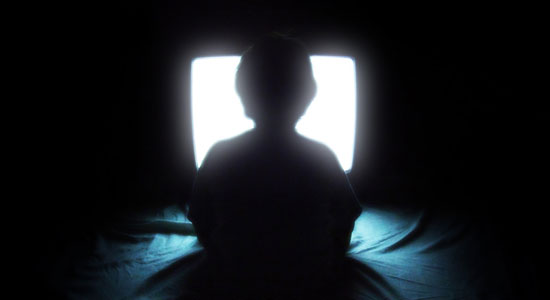 I have often said that there is nothing novel about the fact that brain activity changes with experience – my point being a giant “so what?” in response to people that talk about changes in dopamine activity in response to substance use. The thing is, dopamine seems to be involved in almost everything, and brain activity changes as a matter of routine normal functioning. As more neuroscientific research is completed, this only becomes more obvious. Hopefully, one day people won’t be conned into shutting down all judgment when someone with a fascinating accent like Nora Volkow essentially says “drugs effect dopamine function, therefore substance use is a disease and you can’t control it”.
I have often said that there is nothing novel about the fact that brain activity changes with experience – my point being a giant “so what?” in response to people that talk about changes in dopamine activity in response to substance use. The thing is, dopamine seems to be involved in almost everything, and brain activity changes as a matter of routine normal functioning. As more neuroscientific research is completed, this only becomes more obvious. Hopefully, one day people won’t be conned into shutting down all judgment when someone with a fascinating accent like Nora Volkow essentially says “drugs effect dopamine function, therefore substance use is a disease and you can’t control it”.
There are constantly news stories linking dopamine and changes in brain activity to all sorts of activities, and then concluding that those activities are an “addiction”. A recent piece from the UK Telegraph does this with “screens” (on televisions, computers, and phones). Here are a few excerpts:
Parents who constantly fiddle with mobile phones or iPads in front of their children … risk driving them to a lifelong dependency on screens, a leading psychologist has warned.
The effect could be long-term changes to children’s brain circuitry similar to those in other forms of dependency, he said.
Dr Sigman, who is both a biologist and an Associate Fellow of the British Psychological Society, drew on research which suggests an association between high levels of screen use and both type two diabetes and cardiovascular disease.
In a presentation on the parallels between screen dependency and alcoholism, he said that on-screen novelty and stimulation caused the release of dopamine, a chemical which plays an important role in the brain’s “reward” system and may be linked to the formation of addictions. [SOURCE]
When everything is an addiction, then nothing will be an addiction, and I think we may just get there sooner than we think! (and that’ll be a good thing!)

It’s funny – when I researched whether addiction is a disease, all I could find as evidence was Nora Volkow’s statement that addiction is a disease because brain scans of long-term cocaine addicts show their brains changed. Well, duh! But I wasn’t curious whether drug use changes brains. Of course it does, as does everything we do. I remembered the taxi driver study from years ago, which showed London taxi drivers had an enlarged area in the brain related to mapping. I was curious whether anyone could tell I had been addicted, from looking at my brain prior to drug use, or one year later. Nora Volkow had no brain scans of cocaine users after they stopped, at least I could not find any. She offered no proof she could tell if someone would use drugs, or was using drugs!! just by looking at their brain scans or DNA. Yet she was on that HBO special Addiction, touting addiction is a disease. I was just flabbergasted. And that’s when I know: addiction is not a disease. It was such a relief. Yes, her “research”, because of its lack of data, actually proved she had nothing.
Steven, to add to your dopamine activities, add hugs. Dopamine is released when we hug. That’s probably a big reason that humans love contact, and kids thrive with hugs and touch. For me, I like the saying “hugs not drugs” because opiates gave me that hug-like feeling. Yeah, I guess we are addicted to hugs next.
But on another point, people escape into a continuum of activities, from the IV junkie at one extreme to the guy who works too hard at the other (and he is respected for it). In between, you have housewives who shop too much and hide their purchases when they get home, moms who stay on the internet late at night instead of hanging out with their kids or husbands, video games, TV, any kind of distraction will do. Addiction/bad habit occurs along a continuum, and I think that’s what people should really start talking about!! The mom who escapes into soap operas – is she so much better than me who escaped into pain pills? Maybe my habit cost more, but we both did one activity to avoid dealing with others.
Good one Kelly – hugs!
I’ve been thinking about this for a while now, I should probably make static page with a list of every activity which is said to release or trigger dopamine.